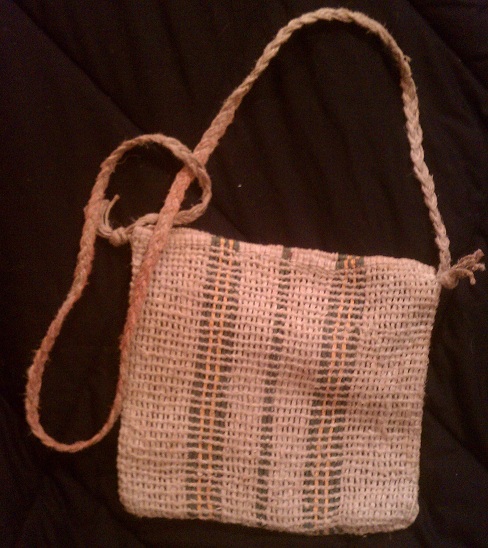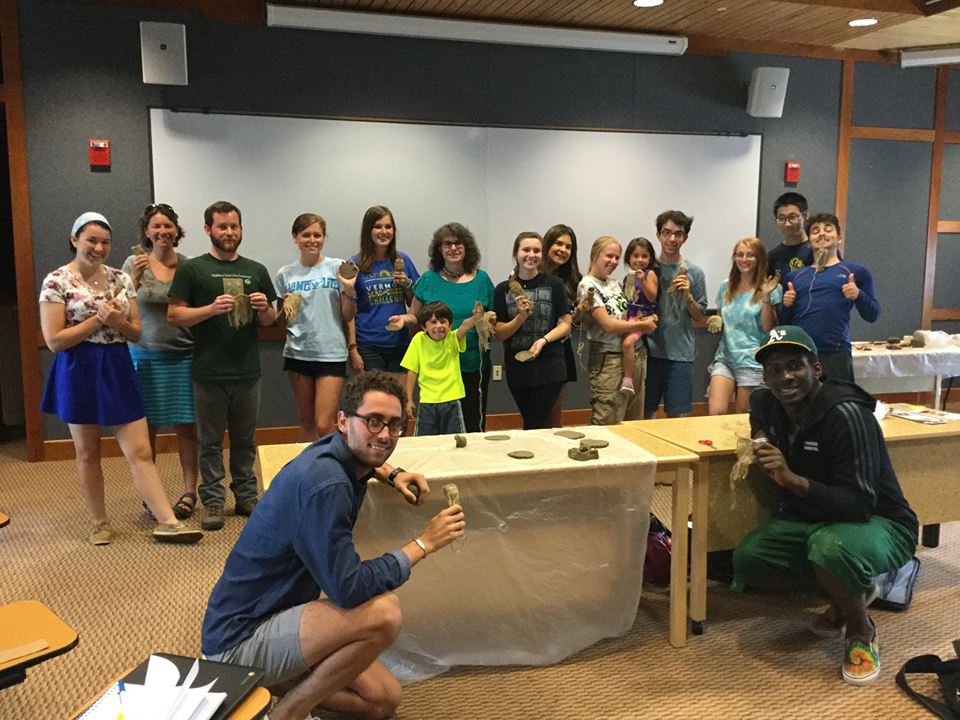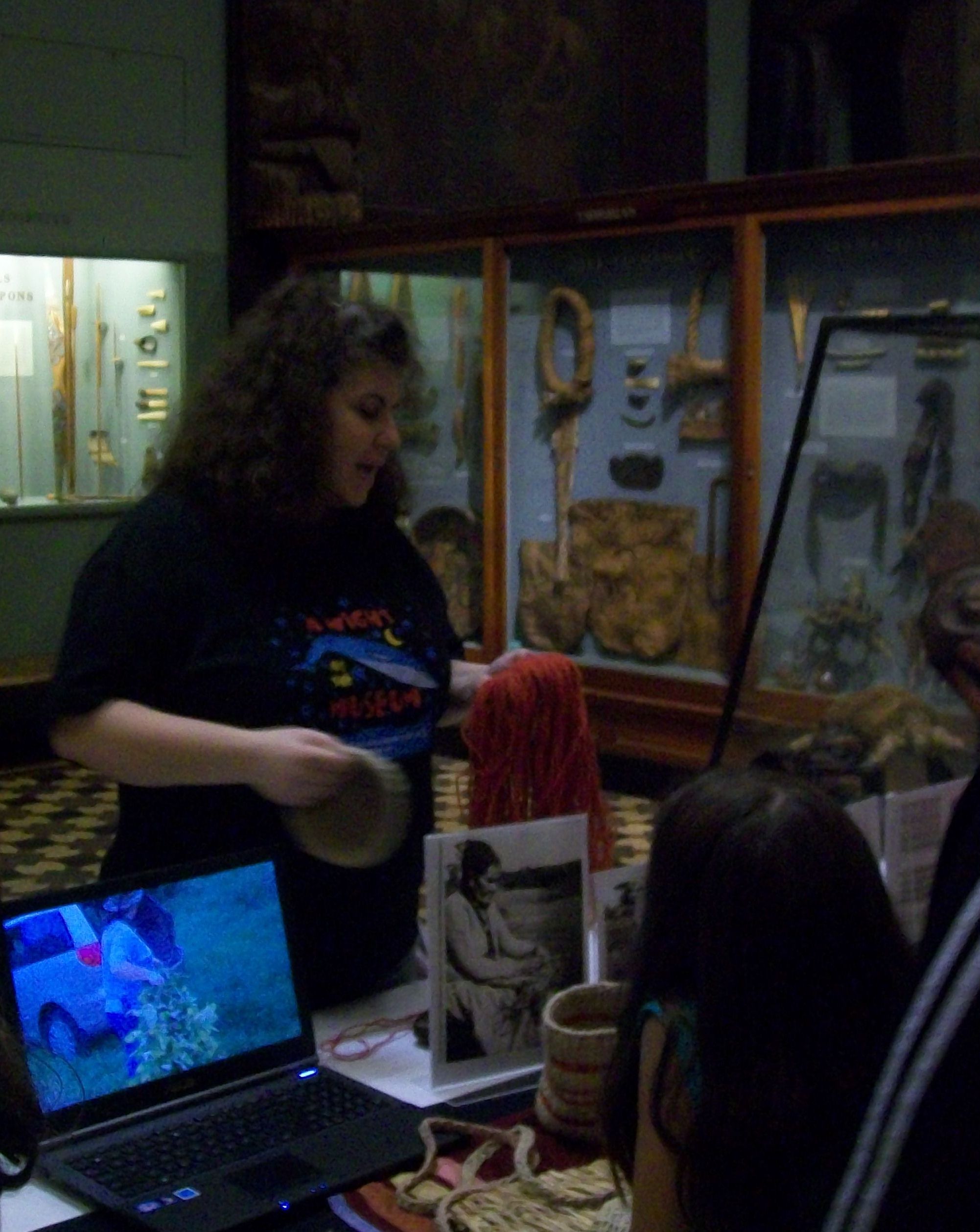Programs
Demonstrations, lectures, workshops, and online presentations for classes.
Call for rates and availability (802) 579-0049 or email vlongtoe@vtindigenous.com
Decolonizing Native American Art
Across academia, museums and Native American communities, who has the authority to determine what is art versus crafts and how to interpret it? Vera Longtoe Sheehan, Director of the Vermont Abenaki Artists Association explains inequities of law and other social justice issues that affect Native American artists. How have opportunities for Abenakis have changed now that four Abenaki tribes have obtained state Recognition?
Fiber Arts in the Northeast
Learn the history of twined bags, baskets and containers through the lens of an Abenaki artist who will share her family's tradition of making twined bags as well as historic and archeological information.
Native American Issues
Living as a contemporary Native American person requires living in two worlds. We live with one foot in the world of our ancestors and the other in the modern world. Learn about the complexities of inequalities in the law, recognized verses non-recognized native people, the struggles of the "Urban Indian" and many other issues.
Nia Achi*: An Indigenous Perspective of American Rape Culture
In 2017, our social media news feeds were inundated with the #MeToo. Seemingly social status, race, and class faded away as everyone was shocked to hear how prevalent rape and sexual assaults are. However, it was no surprise in Indian Country where the people of N’dakinna (Abenaki for “our homeland”) know that Native American women are targeted for these violent crimes at a higher rate than any other race of people in the United States. This session will explore American rape culture through an Indigenous viewpoint and explain how Abenaki cultural values can be applied to end violence against the women we love.
*Nia Achi means “Me too” in Abenaki
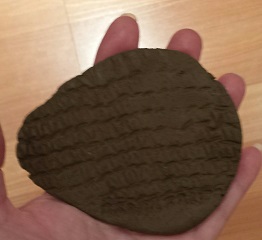
Understanding Place: Wabanaki Textiles and Fibre Art
Provides the audience the opportunity to examine samples of twined weaving and learn how it connects to the land and Abenaki history. The lecture will cover Vera’s family oral tradition as well as her research into Wabanaki archeology and first hand studies of surviving ‘material culture’. Additionally, students will make a hands on connection to Abenaki culture by making a small textile samples and clay impressions, similar to what has been found archeological sites of the northeast. This combination lecture/workshop is a perfect companion for Cultural Ecology and Understanding Place courses. Class size is limited.
Twining Demonstration
Join Vera as she tells how her ancestors twined and how she learned to prepare the cordage from wild plants as a child. She also demonstrates the various ties that are used to make twined fabric. This demonstration is very well suited to venues and events with a lot of foot traffic. Spectators can stop and watch, listen and ask questions based on their specific interests.
Learn to Twine a Bag Workshop
In this beginner level class, learn to twine by making a bag which you get to bring home. Several twining techniques will be taught. These skills can then be applied toward making a larger twined bag. It is strongly suggested that this workshop be done in 2 sessions or one whole day with breaks. Class size is limited.
(Photograph Courtesy of Lina Longtoe Schulmeisters)
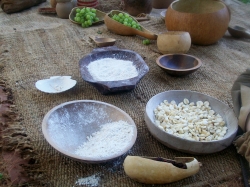
Eastern Woodland Cooking Class or Cooking Demonstration
Learn how to prepare a traditional Abenaki meal. During this workshop your group will: gather firewood, start a fire, pound corn, prepare and mix ingredients which you will cook outdoors, over a open fire. Afterward, relax and feast on the fruits of your labor. This is not a kosher or vegetarian meal. Cooking class can be adapted to an indoor kitchen.
(Photograph Courtesy of Lina Longtoe Schulmeisters)
Email Vera at vlongtoe@vtindigenous.com

